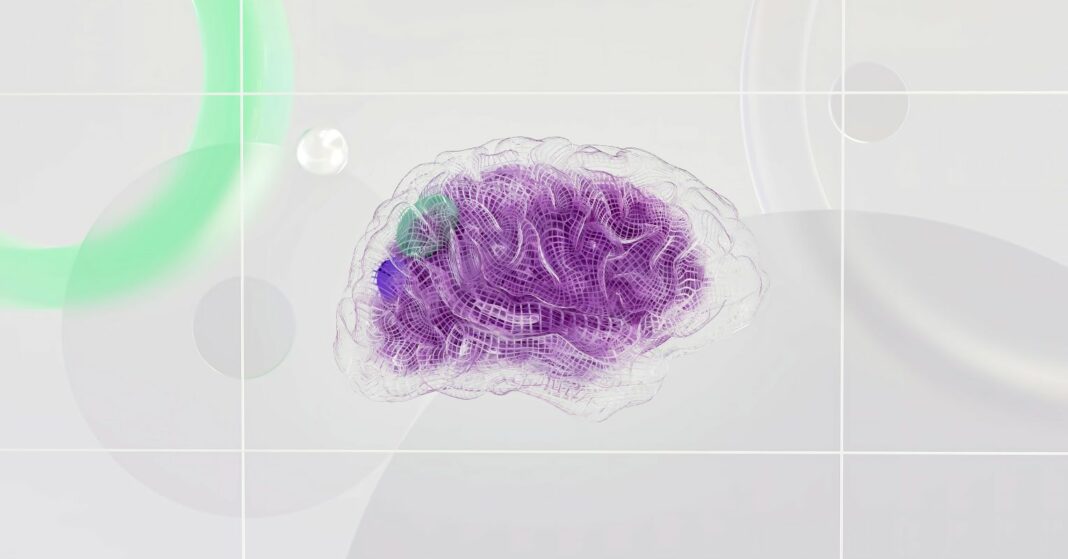Transcranial Magnetic Stimulation (TMS) Outperforms Medication in Study of Treatment-Resistant Depression
According to a recent study published in the American Journal of Psychiatry, transcranial magnetic stimulation (TMS) has been found to outperform medication in the treatment of patients with treatment-resistant depression. This groundbreaking research highlights the effectiveness of TMS as a non-invasive and well-tolerated alternative to traditional antidepressants.
The Study
The study involved a randomized controlled trial comparing the efficacy of TMS with a commonly prescribed antidepressant medication in patients who had failed to respond to previous treatment. The results showed that those who received TMS experienced a significant reduction in depressive symptoms compared to those who received medication. This suggests that TMS may be a more promising option for individuals struggling with treatment-resistant depression.
What is Transcranial Magnetic Stimulation?
Transcranial magnetic stimulation is a non-invasive procedure that uses magnetic fields to stimulate nerve cells in the brain. It is typically used to treat depression and other mental health disorders when traditional treatments have been unsuccessful. TMS is considered safe and well-tolerated, with minimal side effects compared to medications.
The Benefits of TMS
One of the key benefits of TMS is its ability to target specific areas of the brain that are believed to be involved in mood regulation. This targeted approach can lead to more effective results with fewer side effects. Additionally, TMS does not require the use of medication, making it a desirable option for those who prefer non-pharmacological treatments.
Conclusion
The findings of this study provide compelling evidence for the effectiveness of transcranial magnetic stimulation in the treatment of treatment-resistant depression. TMS outperformed medication in reducing depressive symptoms in patients who had not responded to previous treatment, highlighting its potential as a valuable alternative for those struggling with this challenging condition. Further research is needed to explore the long-term effects of TMS and its potential as a first-line treatment for depression.
FAQs
Is TMS a safe treatment for depression?
Yes, transcranial magnetic stimulation is considered a safe and well-tolerated treatment for depression. It is non-invasive and does not require the use of medication, making it an appealing option for those who have not responded to traditional treatments.
How does TMS compare to medication in treating depression?
Based on the recent study, TMS has been shown to outperform medication in patients with treatment-resistant depression. This suggests that TMS may be a more effective option for those who have not responded to antidepressants.
Are there any side effects associated with TMS?
While transcranial magnetic stimulation is generally well-tolerated, some patients may experience mild side effects such as headache or scalp discomfort. These side effects are usually temporary and resolve on their own.




